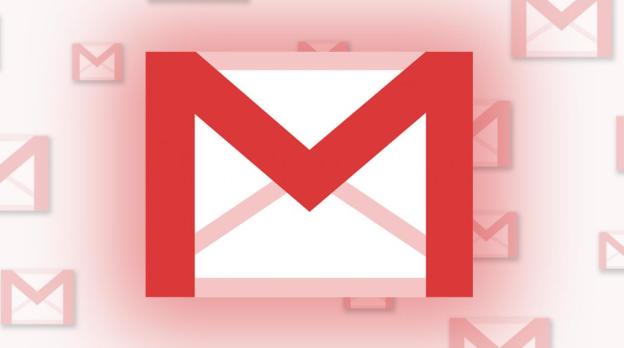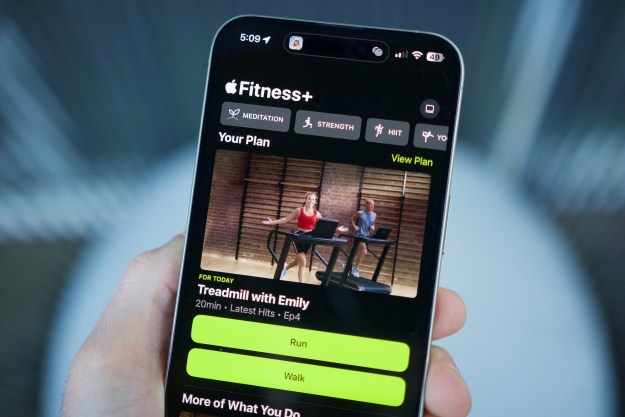
The Federal Trade Commission has announced the winners of its Robocall Challenge. The contest, which attracted 800 submissions, was created to find a solution to the growing robocall problem. Each month, more than 200,000 people complain to the FTC about spam calls, which was enough to prompt some good ol’ crowd sourcing to squash the issue once and for all.
Aaron Foss and Sedar Danis split first prize while Dean Jackson and Daniel Klein won the “technology achievement award,” which goes to the winning submission associated with a large company – in this case, Google. The winning submissions are encouraging, but initial reactions to the contest were less exciting. At first, nothing compelling was being introduced to the contest.
Foss’s selection is called Nomorobo and proposes automatic hangs ups as the ultimate solution. Calls are forwarded to the Nomorobo service, which picks up the call before the user and disconnects it. The solution is great because most phones already support call forwarding so it could be easily integrated.
Danis suggested an external device, mobile app, or service provider feature. It involves autonomously compiling “whitelisted, blacklisted, and graylisted numbers” to a database to handle unwanted calls. Danis’s solution can also detect whether the call is originating from a spoofed number (a fake number that disguises the call’s true source.)
The Googlers, Jackson and Klein, approached the problem in a similar way to how Gmail keeps spam at bay and actually relates to Danis’ idea. Their system asks users to report offending phone numbes to an online database. External hardware then checks each phone call to the database and blocks it. The hardware also blocks spoofed numbers and records additional information like call volume, frequency, and inbound-to-outbound ratio.
There’s no guarantee that any solutions will actually be implemented, but Foss told The Verge that he plans to use the $25,000 prize to bring his idea to the real world. He plans to reach out to major carriers and starters alike. Foss has been involved in a number of New York City startups so this is nothing new for him. Fingers crossed that someone actually blocks robocalling before it takes up the world’s airtime.

